Maximizing Mental Health in Wildlife Work: How I Went Off Anti-Depressants
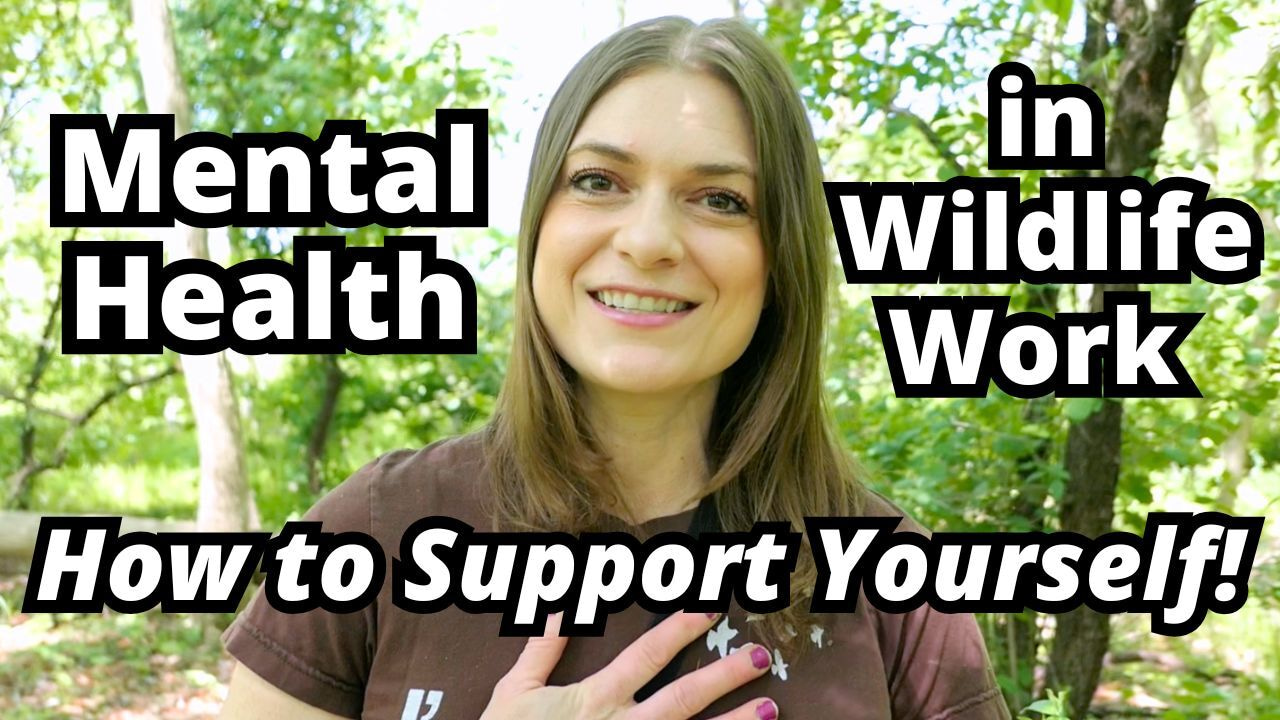
If you’re involved in the wildlife or conservation field in any capacity, whether you are a current or aspiring career professional, someone volunteering their time to make the world better for wildlife, or simply just want to learn more to help out, chances are, you’ve struggled with the emotional toll that comes with trying to save a species, cope with the climate change crisis, get plastic out of our system, and the list goes on and on…
Unfortunately, the nature of the conservation field (no pun intended) is inherently dealing with loss. And without giving ourselves the care and attention that we need, in addition to the Earth, these emotions can evolve into chronic conditions.
Anxiety and depression are two such conditions that I have personally struggled with, have learned a lot about over the years, and now have largely overcome (although you’ll notice in this episode I’ve had a lot of ups and downs). Also, I know that I’m not alone.
Today I’m talking about my journey going on and now off of anti-depressants because I know many people in the wildlife field are struggling. I read Facebook posts from my friends who are struggling desperately in graduate school, and of course, I remember my own experiences while getting my PhD. Now, aspiring wildlife professionals are expected to work all the time, constantly put in their all, while their personal health and well-being take a backseat.
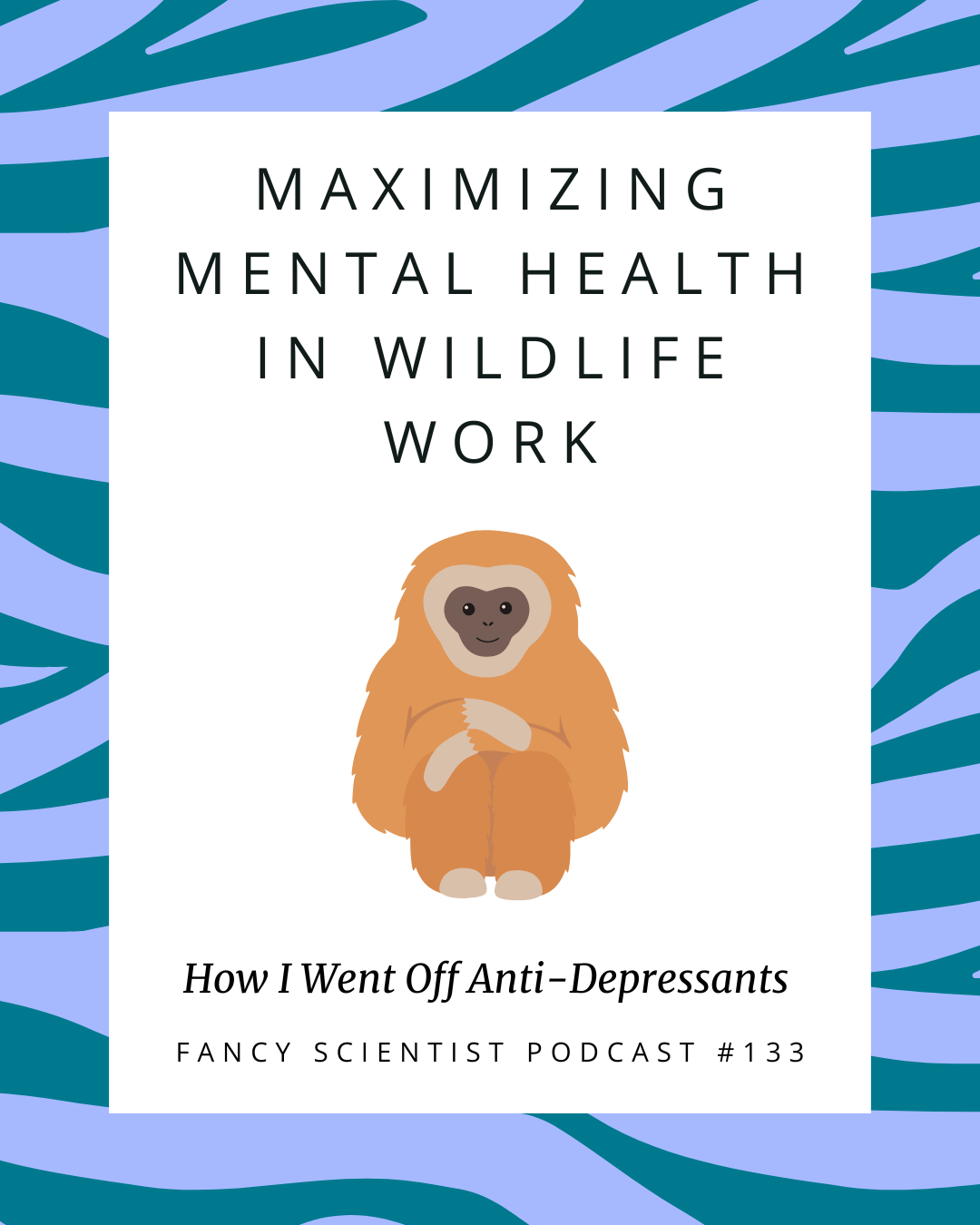
Even major scientific journals like Nature and Science have started to take notice and publish many articles about graduate students struggling with mental health disorders. In addition to the challenges associated with biodiversity loss, those working towards becoming wildlife professionals are suffering due to the increased demands put on them driven by intense competition.
This includes more papers to publish, more grant money to bring in, and the pressures of landing a job in this ultra-competitive field. It’s tough for people to deal with. Even for entry-level jobs, expectations are much higher than they were just a couple of decades ago.
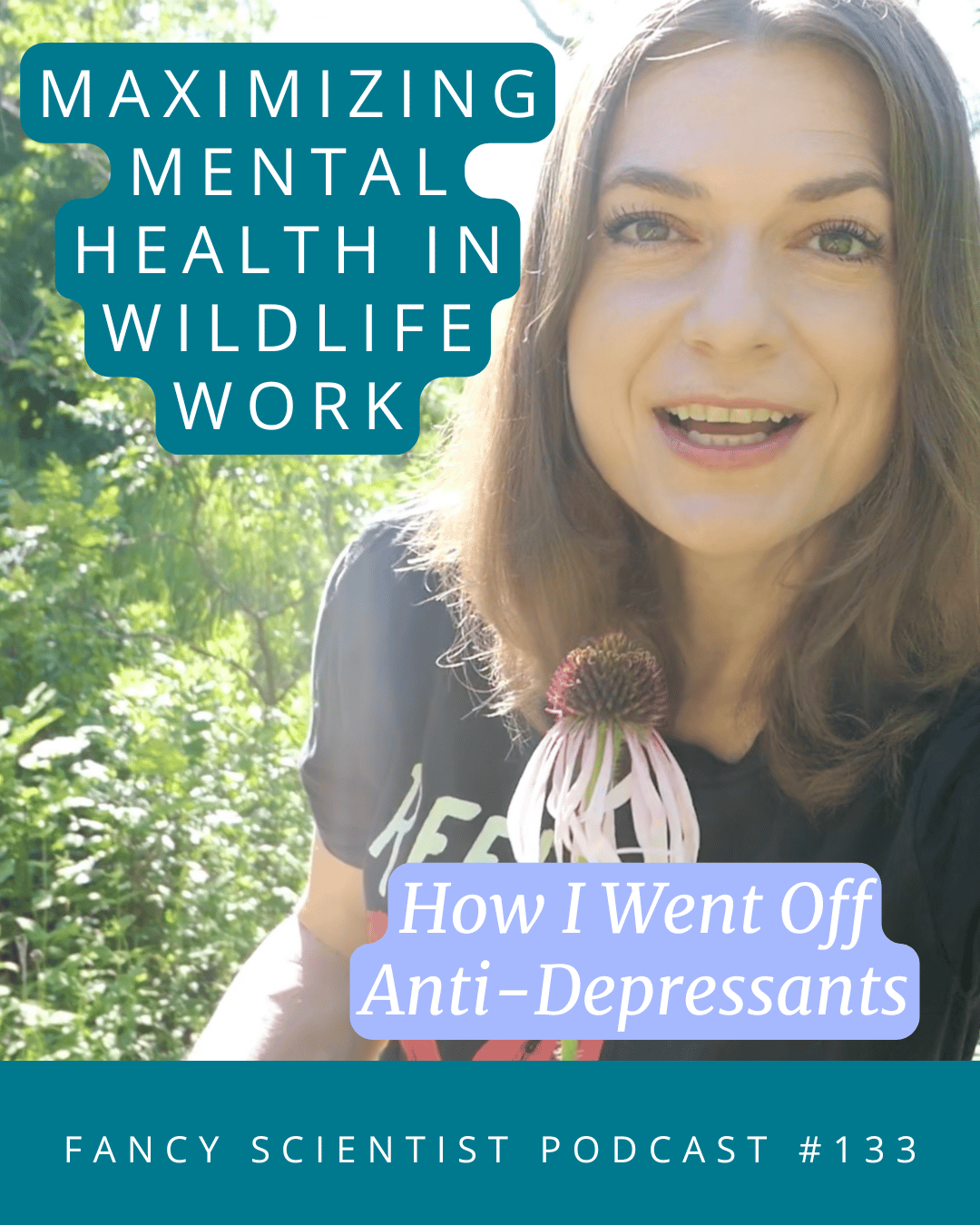
I recognize the value of antidepressants, and if you’re currently on antidepressants, I’m not trying to convince you to go off them; rather, this is an episode about engaging in self-care. I provide you with the tools and mindset work that I’ve learned over the years. It’s been truly effective, and the reason behind how I was able to go completely off my antidepressants.
Specifically, I go over:
- How anxiety and depression are related to wildlife and conservation
- How the demands of working in a wildlife career have changed over the years
- Why focusing on mental health is essential and NEEDS to be a high priority for those in wildlife professions
- My personal journey going on and off of antidepressants: why and how I did it
- My favorite books for teaching you how to truly love yourself and restructure your self-talk
- How a healthy lifestyle and nature are essential tools that boost your mental health
- Other mindset tools for dealing with mental health struggles
- The importance of prioritizing your self care and that mental health is health
- and MORE!
Listen to the full episode here: https://stephanieschuttler.com/133-mental-health-wildlife/
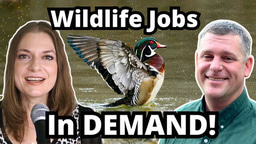
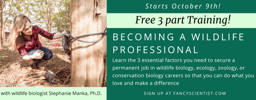

Please sign in or register for FREE
If you are a registered user on WildHub, please sign in
🌿 Thank you, Stephanie, for your vulnerability and strength in sharing this deeply personal journey. Your reflections resonate powerfully with many of us in the conservation space who’ve felt the emotional weight of this work. It’s so important to normalize conversations around mental health, especially in fields where passion often collides with burnout.
I appreciated your emphasis on mindset tools and self-care practices, particularly how nature itself can serve as a healing force. Your story is a reminder that resilience isn’t about pushing through pain, but about learning to care for ourselves with the same compassion we extend to the planet.
I’d love to hear more about the books that helped reshape your self-talk. Were there any that particularly spoke to you as a scientist or conservationist navigating this path?
Thank you again for helping us build a more honest and supportive community. 💚